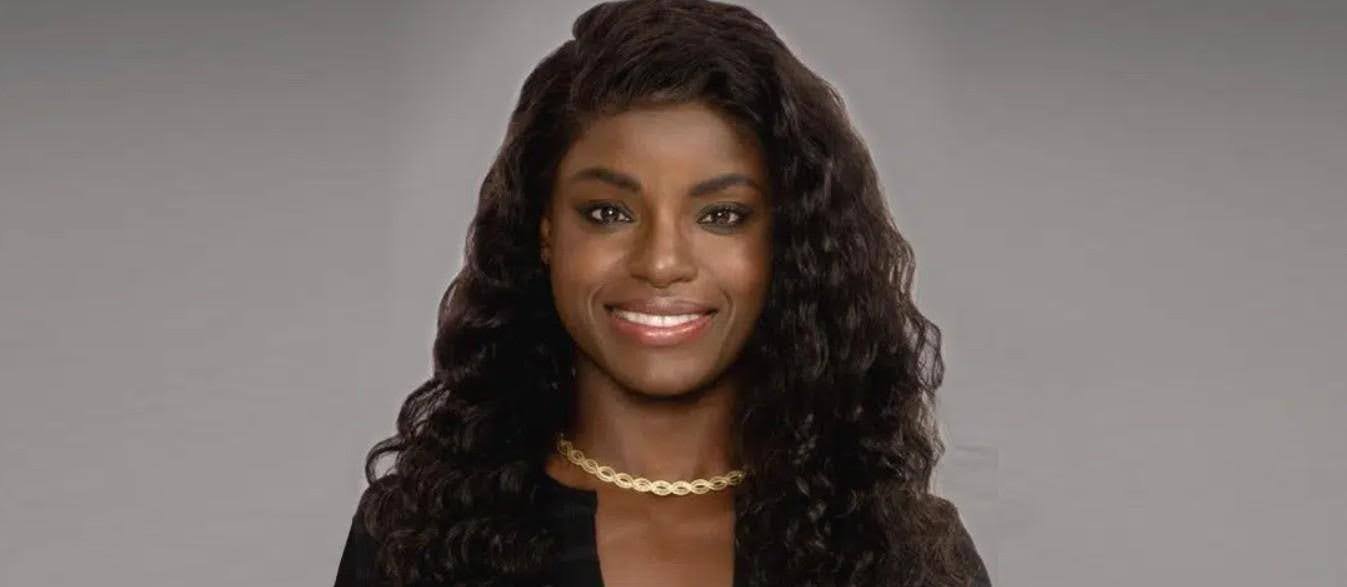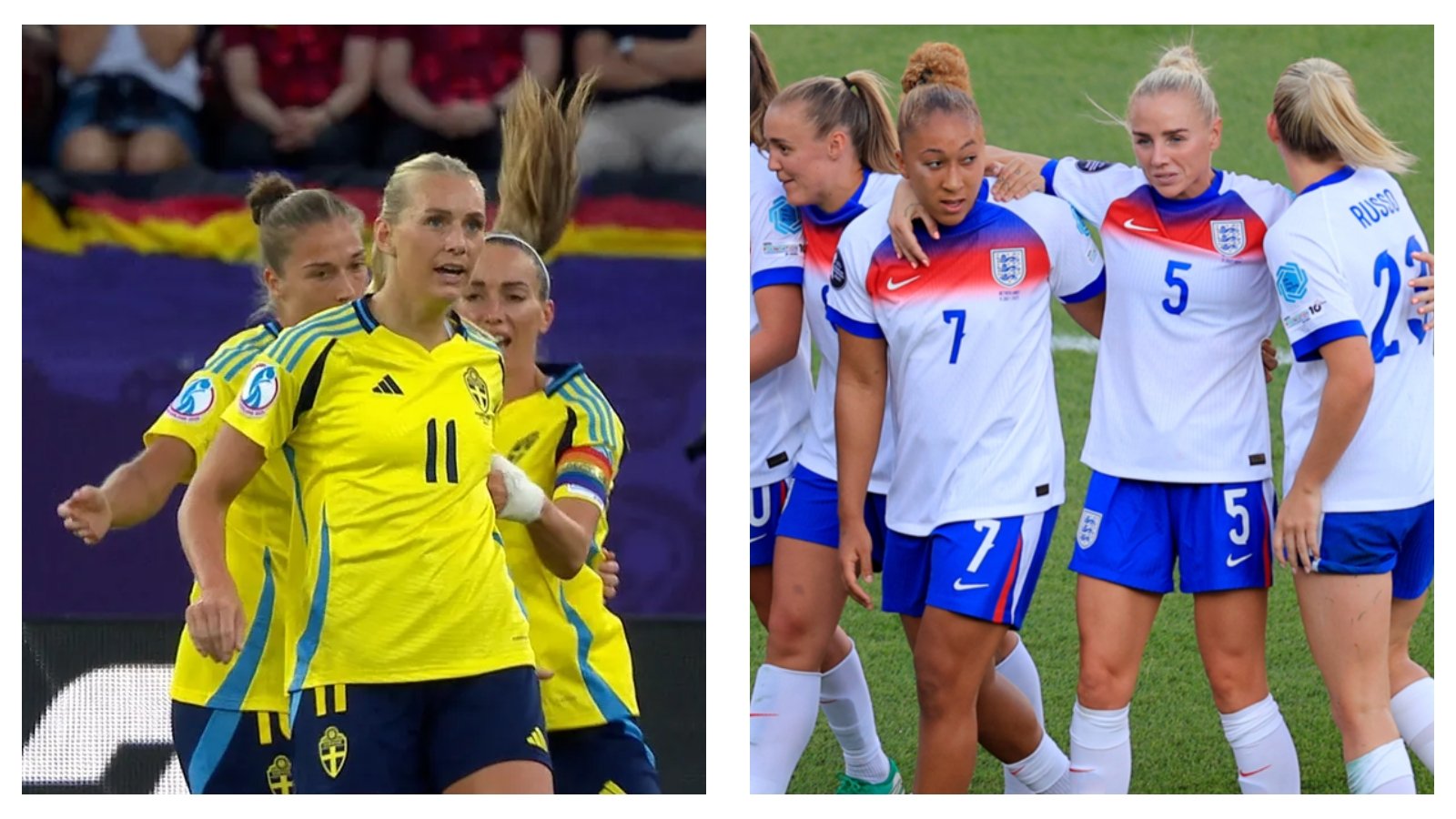Eniola Aluko: From WSL glory with Chelsea to powerful advocate for change
As one of the UK’s most celebrated football speakers, Eniola Aluko has broken barriers both on and off the pitch.
A former England international with over 100 caps and club success at Chelsea and Juventus, she is known for her powerful presence in top-flight football and her vocal advocacy for equality in sport.
Beyond her playing career, Eniola has served as Sporting Director at Aston Villa Women and Angel City FC, while becoming a respected broadcaster, author, and thought leader.
Her work continues to champion diversity, inspire future generations, and influence the future of football from boardrooms to grassroots.
In this exclusive interview with The Champions Speakers Agency, the UK’s largest keynote speaker bureau, Eniola reflects on her proudest moments, shares advice for aspiring players, and tackles tough questions around racism, recruitment, and reform in the game.
Q: Which qualities are needed to succeed as a footballer?
Eniola Aluko: Uh, yeah, I mean, I think to succeed as a footballer you need to be skilful, you need to be talented, gifted, but you also need to know how much hard work goes into honing your craft.
You need to know that you're in a team, so it's not just about your skill, it's also about how your skill fits in with the rest of the team.
MORE LIKE THIS: Anita Asante on Arsenal’s quadruple, breaking barriers & building a more inclusive game
Q: What is your advice for young people wanting to have a career in football?
Eniola Aluko: Yeah, I would say try and get into the sport as early as you can. So try playing for local teams or school team as early as you can because there's such a big pathway in football.
You know, you've got teams from the age of six all the way up to professional teams.
But even if you can't get in early, don't sort of give up on your dreams. Teams everywhere — there's teams literally everywhere.
So I would encourage, you know, get into a team, enjoy your football as much as you can, and enjoy your football when you become a professional.
A lot of the time, when you go into the professional games it all gets very serious and people lose the love of the sport. It's really important that you keep that level of enjoyment when you get into the pro game.
Q: What more must be done to improve diversity in football?
Eniola Aluko: Yeah, I mean I think that in football people are just really lazy about recruitment, and people just want to recruit the people that look like them, sound like them, think like them.
So to improve diversity in football and diversity and inclusion in football, you need to be that much more intentional about who you're recruiting, where you're recruiting and how you're recruiting, and avoiding actually just looking in the same place you've always looked or avoiding looking in the same networks you've always looked.
I also think there's a real issue around what people associate with competency. So people have always associated competency with a certain look - it's a white man, right?
Whereas competency is much broader than that. So when people come to an interview, people automatically go "they're not good enough" because they're not white, so they don't get hired. So they can be part of the interview process.
We've now got to a point where there's diverse candidates that are part of interview processes, but they're never going to get the job. People still don't see competency.
People go, "Well, they're not ready." Well how are they ever going to be ready if you don't give them the opportunity to fail or to improve?
YOU MAY ALSO LIKE: England news: Lionesses prepare for quarter-final test against Sweden at 2025 Women’s Euro
Q: How has social media facilitated racial abuse against sportspeople?
Eniola Aluko: I think it's facilitated it by allowing the platform to really almost perpetuate them. So you see racism and then it becomes trending, and then people can comment, and then you can like, and you can quote tweet, and it's just like a disease.
It's literally a disease on this platform that can start from one person, and the ease in which people can do it is not met with an ease of stopping it.
You report something and it just kind of goes into the air - it doesn't really…I mean, I've not been on Twitter for over a year so I don't know if anything's changed, but I do think that I don't - I've never understood why it's so easy to abuse someone, but it's not easy to actually report it or get something back from your report.
So that's always been a frustration. But honestly, I think that - and it might sound controversial - but I think that the social media platforms benefit somewhat from having this kind of vitriol on their platforms.
Q: What is your proudest sporting achievement?
Eniola Aluko: Proudly supporting achievement - I've got a few but if you have to put me on the spot, I'd definitely say winning the FA Cup for Chelsea in 2015 at Wembley. That was the first time ever the FA Cup was at Wembley.
There were 40,000 fans there, and I got the player of the match and we won our first trophy for Chelsea. So it's probably the best - yeah, best day of my life, I think. It's amazing.
This exclusive interview with Eniola Aluko was conducted by Chris Tompkins of The Motivational Speakers Agency.
READ NEXT: Man Utd vs Chelsea: Chelsea women secure the WSL title on Manchester United’s home soil yet again



